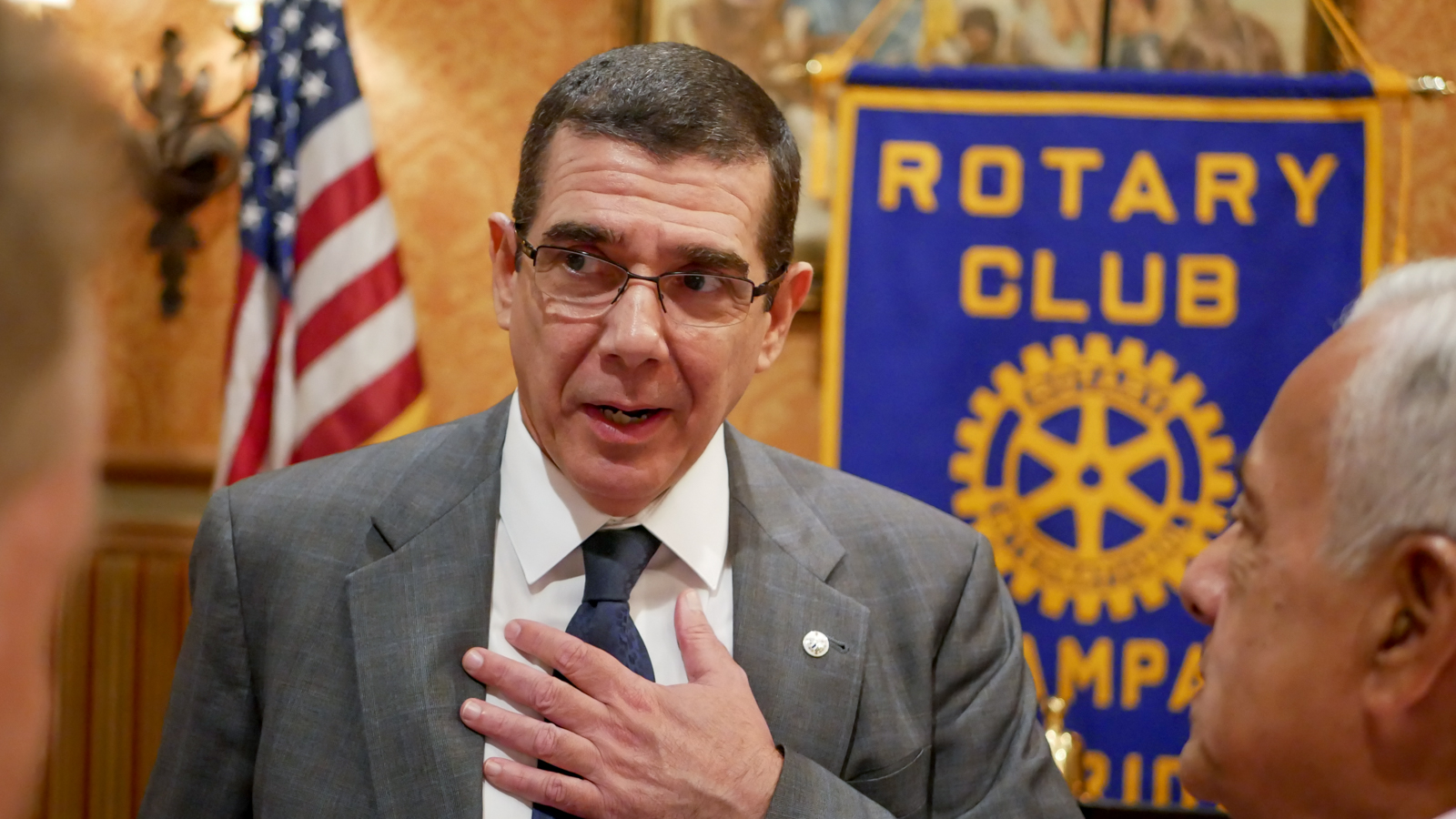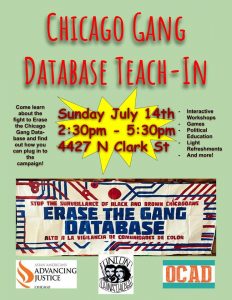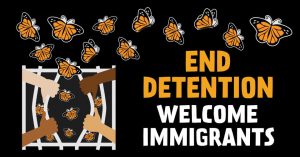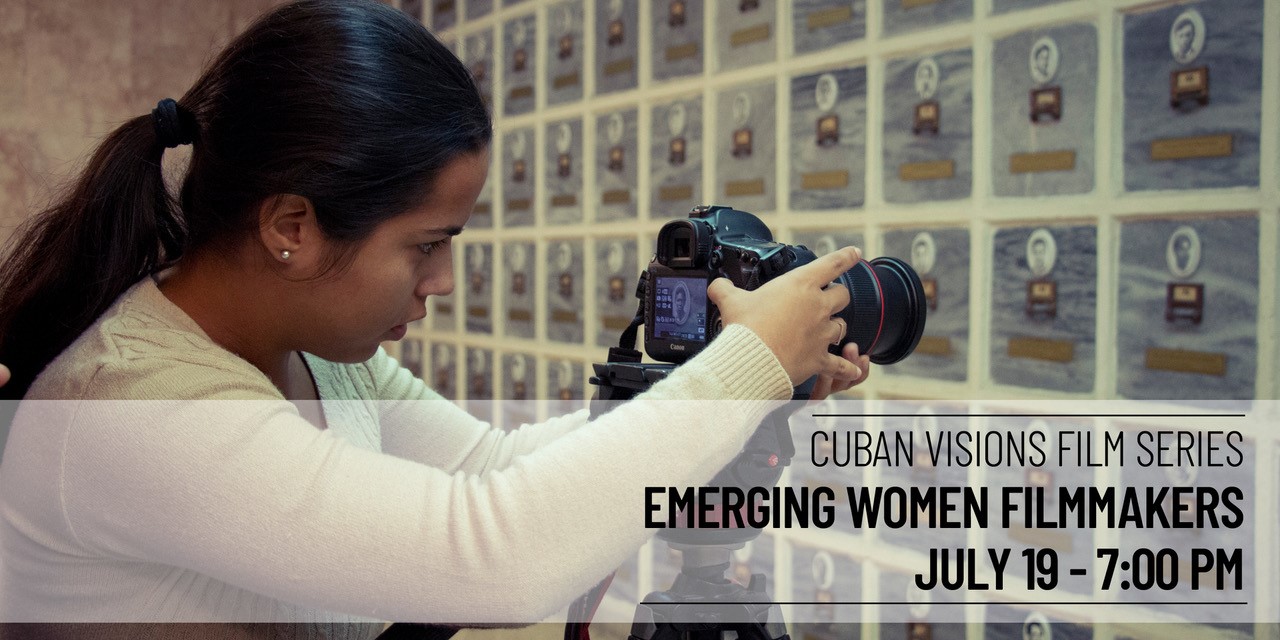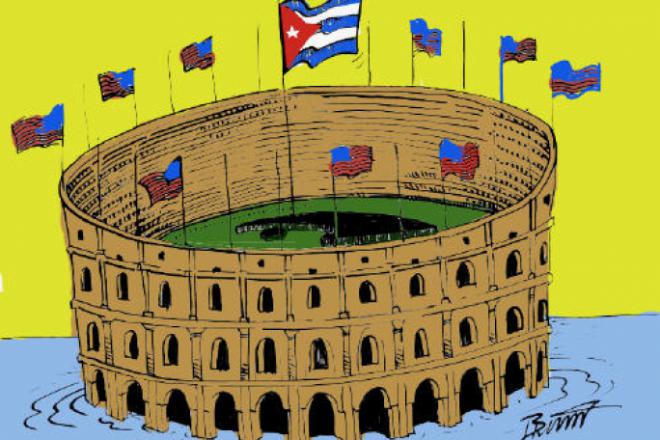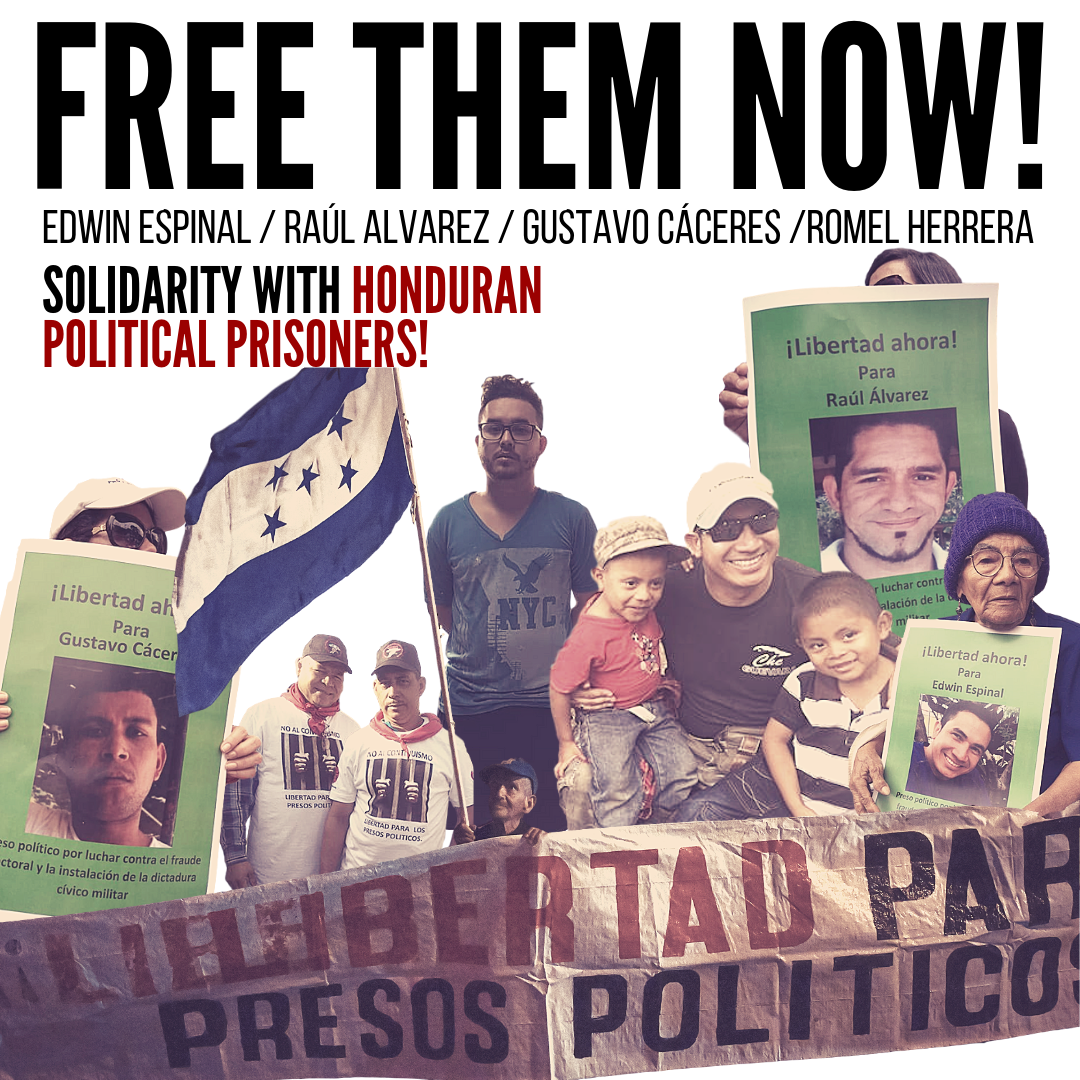EVENT SOLD OUT, BUT PLEASE CALL THE OFFICE IF YOU WOULD LIKE TO BE PUT ON A WAITING LIST (773-293-2964) IF THERE ARE CANCELLATIONS.
SPONSORSHIPS STILL WELCOME–SEE LINK BELOW.
We are proud to celebrate 30 years of effective education, action, accompaniment and advocacy on Latin America and work on justice for immigrants, refugees and asylum seekers with our members and partner organizations. We have accomplished a lot – and yet, there is still a long way to go to achieve our vision of peace, justice, and well-being for all.
For CRLN’s 30th anniversary, we are planning a very special celebration! Instead of our usual Annual Luncheon, we will have a dinner featuring photos from 30 years of our history, a video of short interviews with people about key events in our history, a speaker from Latin America – and of course, great fellowship with our wonderful members!
Estamos orgullosos de celebrar 30 años de educación efectiva, acción, acompañamiento y defensa en América Latina y trabajar en la justicia para inmigrantes, refugiados y solicitantes de asilo con nuestros miembros y organizaciones asociadas. Hemos logrado mucho, y sin embargo, aún queda mucho camino por recorrer para lograr nuestra visión de paz, justicia y bienestar para todos.
Para el 30 aniversario de CRLN, estamos planeando una celebración muy especial. En lugar de nuestro almuerzo anual habitual, tendremos una cena con fotos de 30 años de nuestra historia, un video de entrevistas cortas con personas sobre eventos clave en nuestra historia, una presentadora/o de América Latina y, por supuesto, una gran comunión con nuestros maravillosos miembros!
SPEAKER: Miriam Miranda, General Coordinator of the Black Fraternal Organization of Honduras (OFRANEH) Miriam Miranda, Coordinadora General de la Organización Fraternal Negra Hondureña (OFRANEH) Click here for a brief bio.
DATE and TIME: November 2, 2019, 6:30 – 9:30 p.m.
LOCATION: Lutheran School of Theology at Chicago/McCormick Theological Seminary, 1100 E. 55th St./ 5430 S. University Ave., Chicago, IL 60615 (use Greenwood Avenue door to get to the reception space for the JKM Library)
PARKING: Available in the underground lot for $5. Access lot from the driveway north of the building with entrances from University and Greenwood Avenues.
TICKETS: $80 Regular
$72 Member discount
$50 Students/Low-income
$640 Table of 8
Send a check to CRLN, 4750 N. Sheridan Rd., #429, Chicago, IL 60640-5078, or pay online at http://bit.ly/CRLNat30
SPONSORSHIP: Check out our sponsorship levels and benefits at http://bit.ly/CRLNbook
ADBOOK: Our Event Program Book this year will include ads. It’s an opportunity to share a memory, a photo from a CRLN activity you were part of, a wish for CRLN’s future and/or you can share info on an upcoming event you are planning. Deadline for submission: October 21.
Order your ad (or become a sponsor) online at http://bit.ly/CRLNbook or contact Sharon Hunter-Smith at 773-293-2964 or at shunter-smith@crln.org

